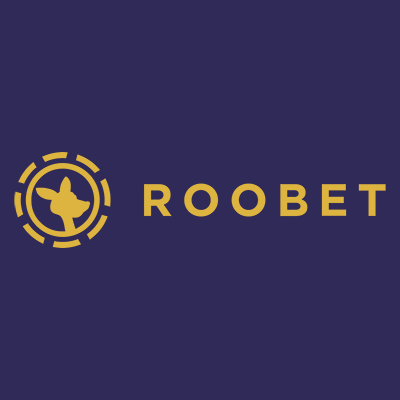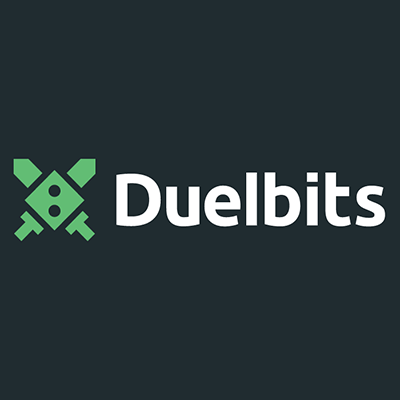The online gambling industry is right on the fringe of digital technology advancements. New gaming innovation, fintech developments, and administrative enhancement technology are often tried and tested in this market, much to the convenience of customers.
This highly competitive industry revolves around customer satisfaction at every turn, striving to make the customer experience an easy one. It is vital for customer retention at online casinos.
The industry welcomes any innovations aimed at upping the customer experience , whether it be entertainment-based or support-based. The industry is well-regulated though, especially in Europe, where prominent regulators like the Malta Gaming Authority, Swedish Spel Inspektionen and UK Gambling Commission preside over most of the online business to ensure that customers are kept safe while playing . This regulation can put the brakes on how innovations are adopted into the market place.
While fresh innovation is invited in the industry, the reality is, every new idea will most likely need a new law to govern it. Innovation just simply cannot go unchecked.
Where Innovation and Regulation Find Harmony
In some instances, innovation is engineered to make regulation easier. In this case, we find that these technologies are adopted into the marketplace quite readily. One such example is Pay N Play technology. This is a relatively new tech introduced by renowned finance provider ‘Trustly ’ which is geared to streamline the registration and KYC process at online casinos.
Regulation demands that players identifications and address particulars are verified before they can be paid withdrawals at casinos. These protocols are in place to prevent several things, including fraud, money laundering, and under-aged gambling.
Pay N Play casinos make it easier on the player by doing away with the need to register or provide documentation, and aids the regulation process by intelligently drawing all of the relevant verification data directly from the gambler’s Bank ID.
Casino Adaptation Needed
In other forms of innovation, regulation can interrupt how a product can be used within the industry.
Artificial Intelligence or chatbots are a prominent tech being used in the finance industry to make customer acquisitions faster, more efficient and more cost-effective. Machine learning technologies like this can be used to enhance fraud detection, payment processing and complaint/query resolution.
While it can work wonders on casino platforms , it comes with a few challenges. Any operator wanting to make use of these will have to have the AI bot specifically customised to meet the strict regulations with regards to the security measures and code of ethics upheld in the industry. Some of the needed protocols may hamper the software’s ability to run optimally by restricting its insights and learning abilities.
Cloud-based casino technology is another area where certain regulating bodies may hamper the use of technology in their regions. Most regulators require casinos to have servers within their countries before they can qualify for a license for trade in their jurisdiction. This hampers the use of intelligent Cloud-based operations that have the potential to enhance how the company operates and even share reports with the regulator.
In the UK, the Gambling Commission has been less restrictive on this type of enhancement. The remote gambling licenses they offer to casinos outside of the UK promote the use of Cloud-based technologies to run efficiently and report on their activities while being oceans away.
Regulation Needs to Catch Up
Then, some technologies and innovations require the regulators to catch up, as the current laws are a bit lax in this regard. A perfect example of this lies in Virtual Reality (VR) Gaming.
This relatively new technology is designed to enhance the gaming experience by submerging you into a virtual 3D-like world while playing casino games . It is quite expensive, so it has not been the hit that the industry was expecting. However, with present and ongoing price reductions on this equipment, professionals in the industry are predicting that it will become more and more popular in years to come.
The current legislation does not address the possible risks involved in playing these games, such as a player on player abuse or the addictive and immersive nature of this type of gameplay. Such abuse has already been witnessed with this technology, where a woman sued a man for virtually groping her. While the trauma was real, the judge dismissed the case, as no physical touch had been made. This highlights the need for a tightening of rules with this form of gaming.
Finding the Balance
When it comes to innovation in the industry, a firm balance must be maintained by parties on both sides of the ‘regulation fence’. While it is necessary to achieve the highest standard of efficiency and convenience for players and casinos to remain on the cutting-edge, it needs to be tempered with regulation to ensure that gamblers can play safe and are protected at every avenue.



.png)





























.svg)
.svg)
.svg)